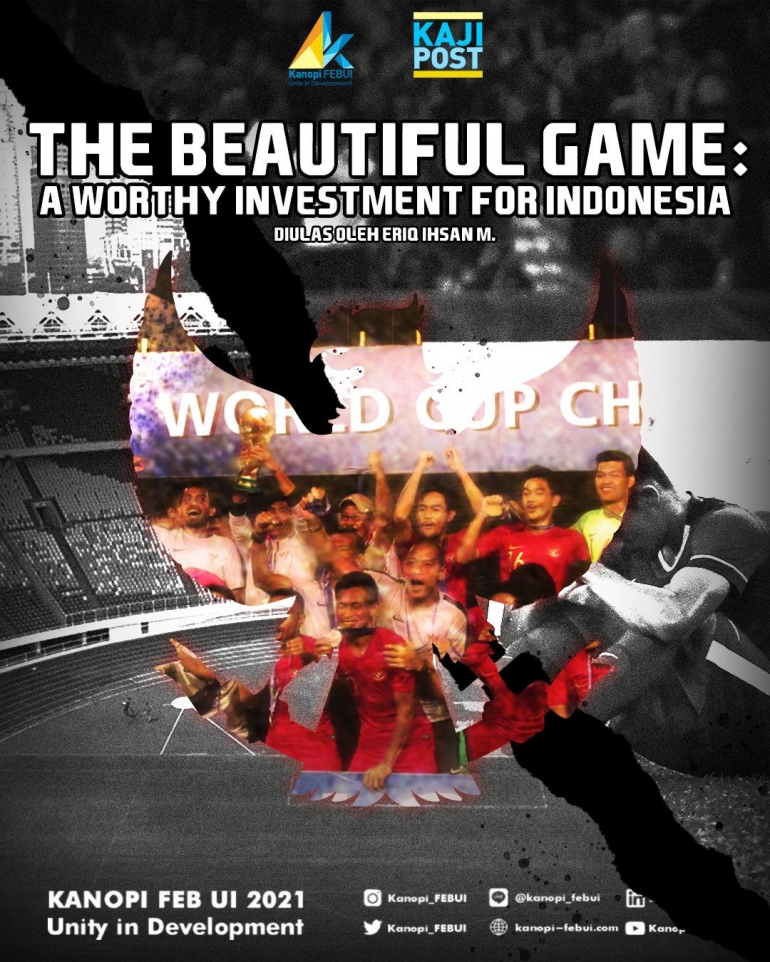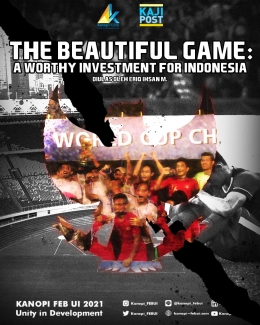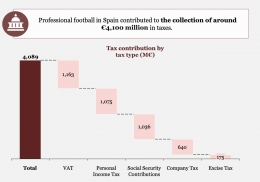Political Influence
In recent years, a number of developing countries have decided to invest heavily in football, with arguably the most noteworthy being China and Qatar. Many commentators and analysts have observed that the motivation of these countries has not only been on-field success, but also an increased influence on the global stage. Since the turn of the second millennium, state-backed companies ranging from Gazprom, Qatar Airways and Visit Rwanda have all sponsored football clubs. Even the flag-carrier of Indonesia, Garuda Indonesia, has become a sponsor of one of the most successful English Premier League teams, Liverpool Football Club. There is increased incentive for governments and businesspeople to invest in football, as it offers the opportunity of recognition to the mass market. Being the owner of a football club or sponsoring the team would result in a significant leap in exposure, whilst even sponsoring and partnering with individual players can also help increase recognition.
Ergo, football clubs can be regarded as suitable communication channels and media platforms, promoting not only the football-related affairs, but also the commercial and oftentimes closely intertwined political interests in an effective and more classy manner. In 2008, the Emirati government decided to invest in English football club Manchester City, transforming the club into a European football powerhouse, whilst simultaneously becoming an ambassador for the Emirati state. During that time, the stadium, originally known as the City of Manchester Stadium, was renamed as the Etihad Stadium. In addition, Etihad Airways, the national airline of the United Arab Emirates, became the main shirt sponsor. A similar process took place in France, with the acquisition of French Ligue 1 outfit, Paris-Saint Germain, by Qatar Sports Investments, a subsidiary of the Qatar Investment Authority, the sovereign-wealth fund of Qatar.
Although there have been Indonesians investing in football clubs abroad, it has occurred due to the interests of individuals. Erick Thohir, Aburizal Bakrie and Lukito Wanandi are a few Indonesian people that have had stakes in foreign football clubs, purchasing Italian club Inter Milan, Australian club Brisbane Roar and English club Tranmere Rovers. Though the acquisitions made by these respective businesspeople are positive steps, in order for a more sustained effort by Indonesia as a whole to achieve success both on and off the pitch, efforts must also come from the highest echelons of government. The Indonesian government should look to encourage more businessmen to invest in football abroad, by making football a key industry in its economic development plan, or invest through its own state-backed institutions, such as the Indonesian Investment Authority. Only through that will Indonesia be able to expand its influence and increase the soft power it has across the world.
A Healthier and More Prosperous Population
A study conducted by the English Football Association also showed that increased investment in football brings significant health benefits to the population, as playing regular grassroots football saves the UK National Health Service 43.5m per year through reduced GP visits alone (Kitson, 2019). Ergo, increased investment in grassroots football in Indonesia could help reduce some strain on the currently stretched healthcare system. Whilst Indonesia has adopted a universal healthcare system, the government has had to keep supporting it with additional funds, as it has consistently experienced a deficit due to many people using its services (Akhlas, 2020).
In addition, football also provides positive role models for many young people, especially those who come from underprivileged backgrounds and communities. Many football players came from disadvantaged communities, such as Cristiano Ronaldo and Mohamed Salah, which provides many people of similar backgrounds to become inspired by their success stories. As of 2019, Indonesia has a HDI of 0.718 (United Nations, 2019), showing that there are still many disadvantaged communities throughout the country. Thus, football can become an outlet for many young people to strive for a better future, provided that the government decides to invest greater resources into the industry.
Moving Forward
The potential of the football industry in Indonesia is clear to see for all. Not only would all citizens unite in dreaming of the prospect of seeing Indonesia at the World Cup, but the benefits for the development of the country as a whole are also significant. The vast archipelago is the fourth most populous nation and is filled with football fanatics across the country, meaning a successful football industry would have a multiplier effect on many sectors of the economy and on the development of the country as a whole. With further investment and political support, success in the Indonesian football industry can happen, and it should happen.
References
Walker, Charlie. "Premier League Contributed 7.6 Billion to the UK Economy in the 2019-20 Season." Daily Mail Online, Associated Newspapers, 16 June 2021.









